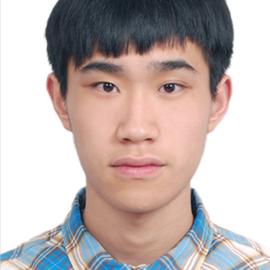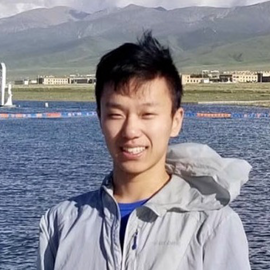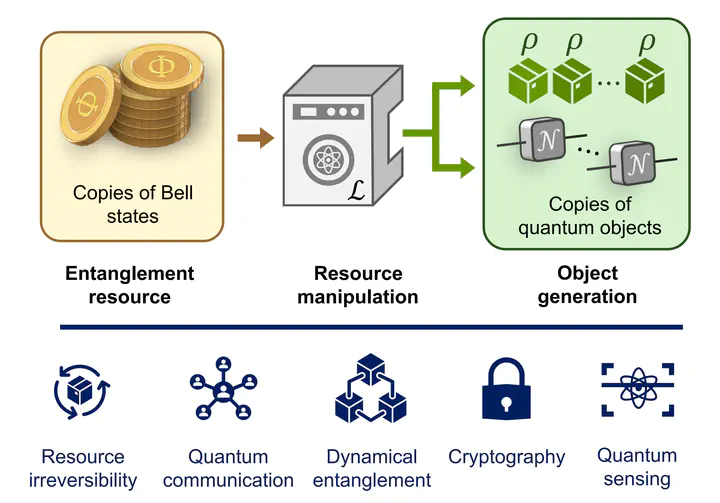Abstract
Quantifying the minimum entanglement needed to prepare quantum states and implement quantum processes is a key challenge in quantum information theory. In this Letter, we develop computable and faithful lower bounds on the entanglement cost under quantum operations that completely preserve the positivity of partial transpose (PPT operations), by introducing the generalized divergence of 𝑘-negativity, a generalization of logarithmic negativity. Our bounds are efficiently computable via semidefinite programming and provide nontrivial values for all states that are non-PPT (NPT), establishing their faithfulness for the resource theory of NPT entanglement. Notably, we find and affirm the irreversibility of asymptotic entanglement manipulation under PPT operations for full-rank entangled states. Furthermore, we extend our methodology to derive lower bounds on the entanglement cost of both point-to-point and bipartite quantum channels. Our bound demonstrates improvements over previously known computable bounds for a wide range of quantum states and channels. These findings push the boundaries of understanding the structure of entanglement and the fundamental limits of entanglement manipulation.
Publication
Physical Review Letter

Associate Professor
Prof. Xin Wang founded the QuAIR Lab at HKUST (Guangzhou) in June 2023. His research aims to advance our understanding of the limits of information processing with quantum systems and the potential of quantum artificial intelligence. His current interests include quantum algorithms, quantum resource theory, quantum machine learning, quantum computer architecture, and quantum error processing. Prior to establishing the QuAIR Lab, Prof. Wang was a Staff Researcher at the Institute for Quantum Computing at Baidu Research, where he focused on quantum computing research and the development of the Baidu Quantum Platform. Notably, he led the development of Paddle Quantum, a Python library for quantum machine learning. From 2018 to 2019, he was a Hartree Postdoctoral Fellow at the Joint Center for Quantum Information and Computer Science (QuICS) at the University of Maryland, College Park. Prof. Wang received his Ph.D. in quantum information from the University of Technology Sydney in 2018, under the supervision of Prof. Runyao Duan and Prof. Andreas Winter. He obtained his B.S. in mathematics (Wu Yuzhang Honors) from Sichuan University in 2014.

PhD Student (2023)
I obtained my BS and MS degrees in physics from the University of Melbourne. My research interests include distributed quantum computing, quantum entanglement and quantum machine learning.

PhD Student (2023)
I obtained my BS in Applied Mathematics from China Agricultural University under the supervision of Prof. Zhencai Shen. I obtained my MS degree in Cyberspace Security from University of Chinese Academy of Sciences under the supervision of Prof. Zhenyu Huang. My research interests include quantum information theory and quantum computation.
 The sketch of entanglement manipulation assisted with LOCC.
The sketch of entanglement manipulation assisted with LOCC.